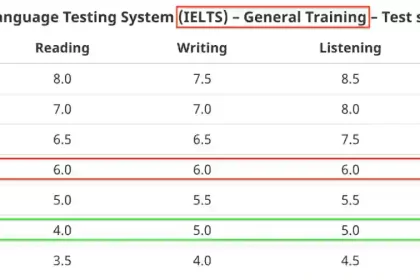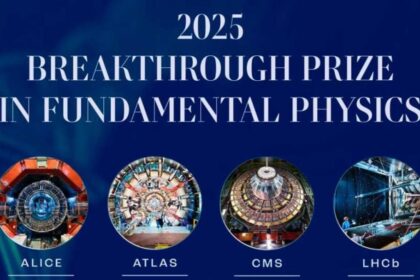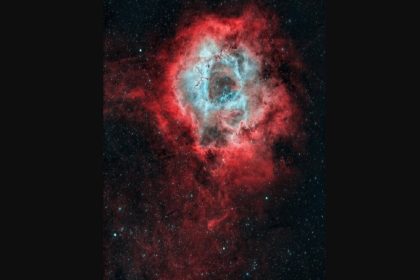Researchers have developed a type of reactor to decompose methane gas, which can decompose this gas up to 100 million times faster than nature. By creating a chain reaction with the help of chlorine and ultraviolet light, this reactor decomposes methane gas with nature's method but at a higher speed.
According to Tekna technology and technology news service, researchers at the University of Copenhagen have developed a new approach called the photochemical method of methane decomposition, which has a much faster rate than nature to decompose methane gas. By establishing a company, this research team intends to make the technology created for easier access in society.
Methane is one of the greenhouse gases that will be created in addition to natural resources such as wetlands and human activities such as sewage treatment and natural gas production. If this gas is left in the atmosphere, it takes 12 years to decompose and turn into carbon dioxide. According to researchers, a 25-year period of methane gas in the atmosphere will be 85 times worse than carbon dioxide for the climate. Currently, this gas has faced a 150% increase in concentration since the mid-1700s. Its main reason is human activities and methane gas plays a role in global warming. According to the recommendation of the Intergovernmental Panel on Climate Change, if the methane gas in the atmosphere decreases quickly, it can cause an immediate decrease in global temperature.
Matthew Stanley, a professor of atmospheric chemistry at the University of Copenhagen, says in this regard: Methane decomposition in nature is carried out at a snail's pace. This gas reacts poorly with other substances in the atmosphere. But in the new method, it was found that by using light and chlorine, a reaction can be created and this gas can be decomposed at a very high speed.
RCO NEWS


















